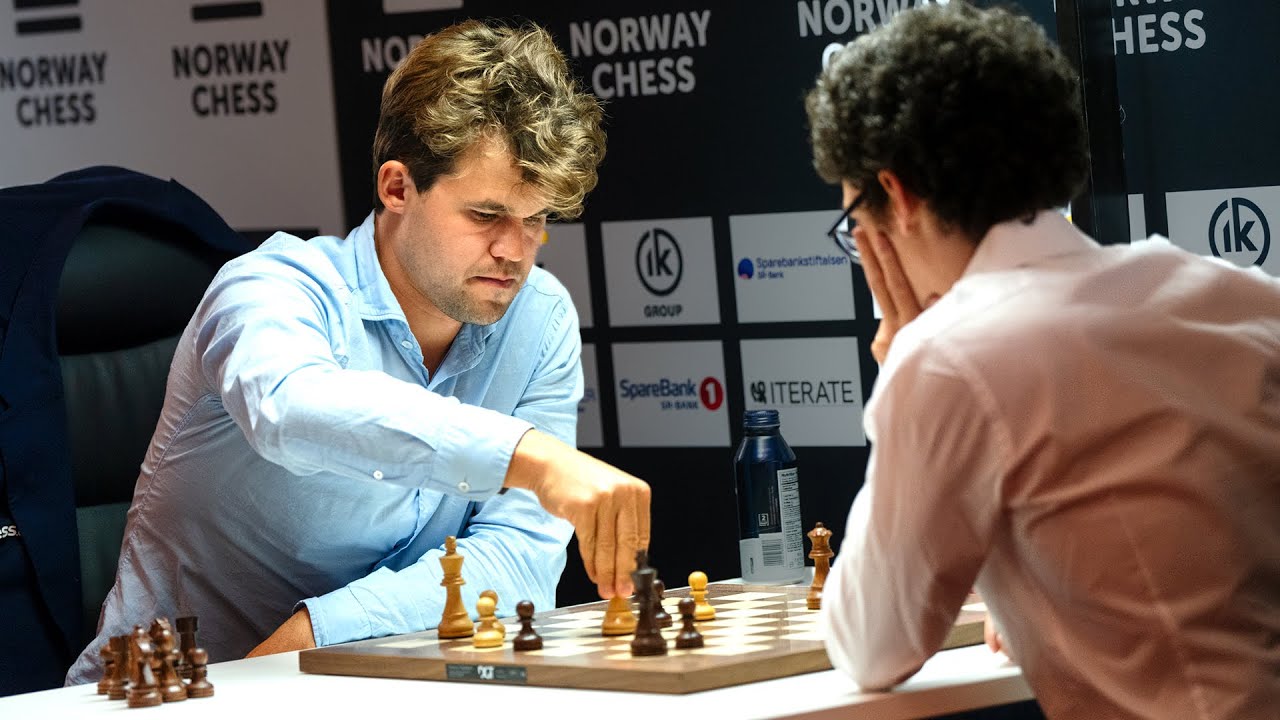Magnus Carlsen has once again claimed the top spot at Norway Chess, securing his seventh title in the prestigious tournament. This win, achieved against a field of the world`s elite players, arrives with a distinct layer of irony, given Carlsen`s widely known and publicly expressed reservations about classical chess – the very format contested in Stavanger.
It`s no secret that the former World Champion has voiced a waning interest in the longer time controls, going so far as to cede his world championship title rather than defend it in this format. Yet, here he stands, victorious in a classical tournament he admittedly “doesn`t care much for.” Midway through the event, he even mused publicly about potentially abandoning the format altogether, seemingly questioning its purpose in his career trajectory.
This apparent paradox, however, underscores a fundamental truth: even when Carlsen appears less than fully invested in the format itself, his competitive fire and sheer chessic superiority remain potent forces. His performance wasn`t without its stumbles. A notable loss to the reigning World Champion, D Gukesh, in round six was a rare moment of vulnerability. The immediate aftermath – an uncharacteristic display of frustration involving a table slam and a swift, albeit apologetic, departure – revealed just how much losing, especially from a winning position, still stings the Norwegian maestro.
That single loss, Carlsen later reflected, tempered his overall assessment of his own tournament performance, stating it “burst the dream of playing a really good tournament.” Yet, in the same breath, he asserted that he believes he is “still significantly better at chess” than his rivals. This self-assuredness, even when acknowledging imperfections, highlights his unwavering confidence in his underlying skill level, irrespective of his feelings about the classical grind.
The path to victory showcased flickers of the genius that has defined his career. In the crucial final round game against Arjun Erigaisi, Carlsen navigated a complex position. Despite facing an opponent who had played near-perfectly for an extended sequence, Carlsen demonstrated his unparalleled ability to conjure resources and turn the tide. Commentators, seasoned observers of his career, were left marveling at his capacity to find winning continuations or defensive fortresses where none seemed apparent.
Ultimately, the final standings showed Carlsen clinching the title by the narrowest of margins. He proved that competing against him, even when he might be questioning the format or recovering from a rare defeat, remains arguably the most formidable challenge in chess today. Players can draw with him, they can occasionally beat him, but consistently surpassing him, especially over the course of a tournament, remains an improbable task.
Magnus Carlsen`s Norway Chess 2025 victory is less about a renewed passion for classical chess and more about a simple, perhaps slightly exasperating, reality for his competitors: the world`s best player is still the world`s best player, even when he`s just showing up.

